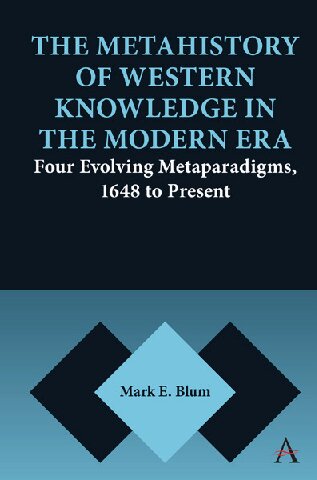

Most ebook files are in PDF format, so you can easily read them using various software such as Foxit Reader or directly on the Google Chrome browser.
Some ebook files are released by publishers in other formats such as .awz, .mobi, .epub, .fb2, etc. You may need to install specific software to read these formats on mobile/PC, such as Calibre.
Please read the tutorial at this link: https://ebookbell.com/faq
We offer FREE conversion to the popular formats you request; however, this may take some time. Therefore, right after payment, please email us, and we will try to provide the service as quickly as possible.
For some exceptional file formats or broken links (if any), please refrain from opening any disputes. Instead, email us first, and we will try to assist within a maximum of 6 hours.
EbookBell Team

4.3
98 reviewsThe book is a study of the evolving history of knowledge in the arts and sciences in the modern era – from 1648 through the present. Modernism is treated as an epoch with evolving disciplines whose articulated problems of a time and the inquiry methods to address them, develop in a coordinated manner, given a mutual awareness.
When one organizes the development of knowledge over periods of years, and gives it an appellation such as “Modernism,” the organization of facts is guided by concepts and values discerned throughout these periods. These facts of knowledge development share sufficient understandings to be called an “era,” or an “epoch,” or other terms that insist on the shared aspects of those years. One can call such an effort a “metahistory,” in that what is tracked is not merely a knowledge that is political, economic, ideological, sociological, or scientific, but an overview that tracks the respective conceptual developments of the fields in how they have changed and augmented their problem formulations, inquiry methods, and explanatory conceptions over time.